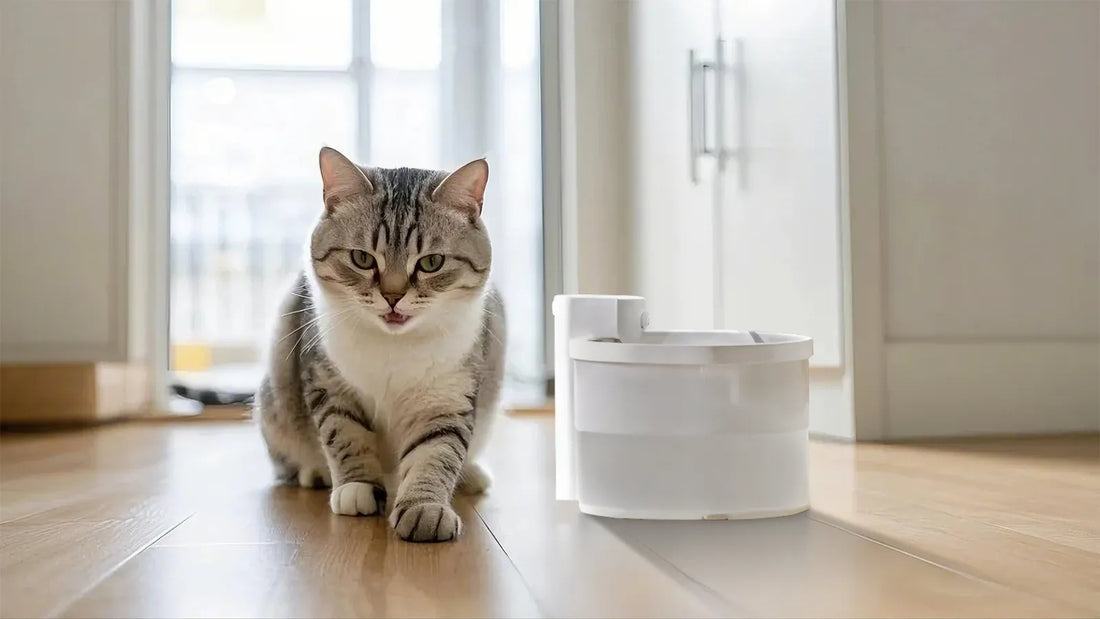When your dog is shivering and not eating but drinking water, it can be a cause for concern. This behavior often indicates that something is wrong, and as a pet owner, it’s essential to understand the possible reasons and take appropriate action. In this article, we’ll explore the potential causes, when to seek veterinary care, and how to support your furry friend during this challenging time.
Common Causes of Dog Shivering and Not Eating
There are several reasons why your dog might be shivering and refusing food while still drinking water. Some of the most common causes include:
- Stress or Anxiety: Dogs can experience stress or anxiety due to changes in their environment, loud noises, or separation from their owners. This can lead to shivering and a loss of appetite.
- Pain or Discomfort: If your dog is in pain due to an injury, illness, or underlying health condition, they may shiver and avoid eating. Drinking water, however, might still be manageable.
- Cold Weather: Dogs, especially small breeds or those with short hair, can shiver when they’re cold. If they’re not eating, it could be because they’re too uncomfortable to focus on food.
- Infections or Illness: Conditions such as infections, fever, or gastrointestinal issues can cause shivering and a lack of appetite. Drinking water helps them stay hydrated, even if they’re not eating.
- Toxicity or Poisoning: Ingesting something toxic can lead to shivering, vomiting, and a refusal to eat. Drinking water might be their way of trying to flush out the toxin.
When to Seek Veterinary Care
While some causes of dog shivering and not eating can be managed at home, others require immediate veterinary attention. Here are some signs that it’s time to consult a professional:
- Persistent Symptoms: If your dog’s shivering and refusal to eat last more than 24 hours, it’s a good idea to seek veterinary care.
- Severe Shivering: Intense or uncontrollable shivering could indicate a serious underlying issue.
- Additional Symptoms: If your dog is also vomiting, lethargic, or showing signs of pain, it’s crucial to get them checked out.
- Dehydration: While your dog may be drinking water, if they’re not eating, they could still become dehydrated. Signs of dehydration include dry gums, sunken eyes, and lethargy.
- Behavioral Changes: If your dog is acting unusually aggressive, withdrawn, or confused, it could be a sign of a more serious condition.
How to Support Your Dog at Home
If your dog is shivering and not eating but drinking water, there are steps you can take to support them at home while monitoring their condition:
- Keep Them Warm: If cold weather is the cause, provide a warm blanket or a heated bed to help your dog feel more comfortable.
- Reduce Stress: Create a calm and quiet environment for your dog. Avoid loud noises or sudden changes that could increase their anxiety.
- Offer Bland Food: If your dog is refusing their regular food, try offering bland options like boiled chicken and rice. These are easier to digest and may encourage them to eat.
- Monitor Hydration: Ensure your dog has access to fresh water at all times. If they’re not drinking enough, you can try offering ice cubes or a small amount of low-sodium broth.
- Observe Their Behavior: Keep a close eye on your dog’s behavior and symptoms. Note any changes or worsening conditions to share with your veterinarian.
Preventing Future Episodes
While some causes of dog shivering and not eating are unavoidable, there are steps you can take to reduce the risk of future episodes:
- Maintain a Consistent Routine: Dogs thrive on routine, so try to keep their feeding, walking, and sleeping schedules consistent.
- Provide a Balanced Diet: Ensure your dog is eating a balanced diet that meets their nutritional needs. This can help support their overall health and immune system.
- Regular Veterinary Check-Ups: Schedule regular check-ups with your veterinarian to catch any potential health issues early.
- Keep Them Active: Regular exercise can help reduce stress and anxiety in dogs, as well as support their physical health.
- Pet-Proof Your Home: Keep toxic substances, small objects, and other hazards out of your dog’s reach to prevent accidental ingestion.
Seeing your dog shivering and not eating but drinking water can be distressing, but understanding the potential causes and knowing how to respond can make a significant difference. By monitoring your dog’s symptoms, providing supportive care, and seeking veterinary attention when necessary, you can help your furry friend recover and thrive. Remember, your dog relies on you to be their advocate, so stay vigilant and proactive in ensuring their well-being.













